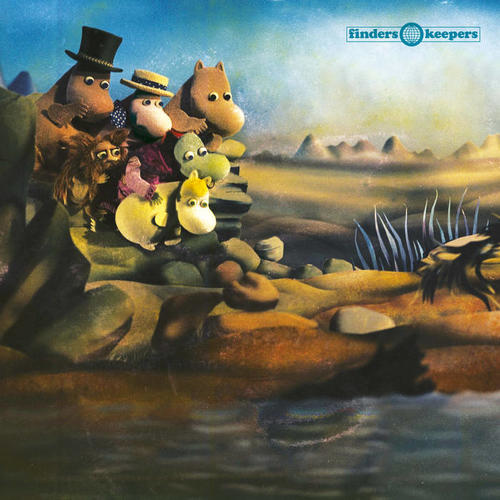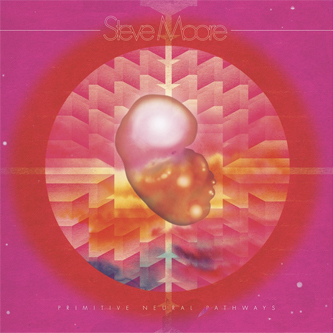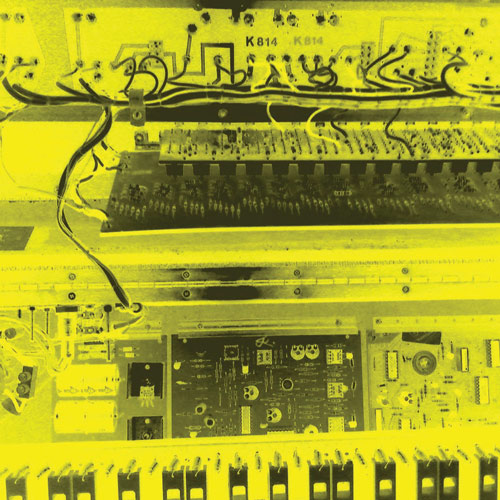Label: ROIR Format: CD,LP
 Raz Mesinai‘s fourth album as Badawi soon kicks into the urgent strains of “Evocation”, a piece in the same frenetic style of his earlier Final Warning EP on Asphodel, riding on the clink of bells, the rumble and rhythm of the self-sampled and realtime Middle Eastern instrumentation of his Jerusalem background. Inflected with the dry shimmer of the Sinai Desert occasionally leavened with the ripe underlying throb of Jamaican Dub several times removed in the New York style, Soldier Of Midian qualifies with utmost dignity as world music.
Raz Mesinai‘s fourth album as Badawi soon kicks into the urgent strains of “Evocation”, a piece in the same frenetic style of his earlier Final Warning EP on Asphodel, riding on the clink of bells, the rumble and rhythm of the self-sampled and realtime Middle Eastern instrumentation of his Jerusalem background. Inflected with the dry shimmer of the Sinai Desert occasionally leavened with the ripe underlying throb of Jamaican Dub several times removed in the New York style, Soldier Of Midian qualifies with utmost dignity as world music.
The chimes and stroked cups, bells, string thrums and rising percussive unwinding of “I Will Follow The Storm” signals a reigning in and onward expansion of the album; here the dynamics build into the distorted spasms of “Stampede” and the onward rush towards the suitably exhausting “Dehydration” with its addled reeds, electronic sussurus and hypnotic percussion loops. After this, the “Dance Of The Dajz Zara” is almost too much – the apparently relentless uncoiling motion of the album here takes rapid shape at the high end, while the bass movement drags matters along with feet planted to the floor. For all its energy, there is a steely, purposeful air to Soldier Of Midian which undercuts an notions of safe musical tourism through its occasionally aggressive recalulation of the cultural distance between New York and Jerusalem, or Bedouin and American.
In the context of a longer disc, “Final Warning” itself stands out for the trance-inducing melody and the clattering percussion, wavering to the point of ecstatic stop-start apotheosis among the shivering bass emissions. “Horse Dance” offers no respite, handclaps and bells weaving an insistent cascade presaging the vibrant dulcimer fuzz played by Carolyn Coleman (AKA Honeychild) in “The Storm”. Here the bass and percussion merges and interchanges as the rhythm section slurs out the album on a tide of still-redolent Dub distortion.
Where other Western-based practitioners have gone before to turn music into product or wine-bar accoutrement, Mesinai prefers to take the more interesting route of immersion and considered blending. Fusion really seems both too tame and marketable a term for the Badawi sound; instead the hypnotic compositions which apparently draw as much from learning in Indian, Persian or Afro-Cuban forms as North African concentrate on spinning the listener into a heady swirl of passionate instrumentals to set the pulses racing and the mind to inevitable imagery of exoticism. Except of course to Mesinai, it’s not exotic, it’s home.
-Linus Tossio-



